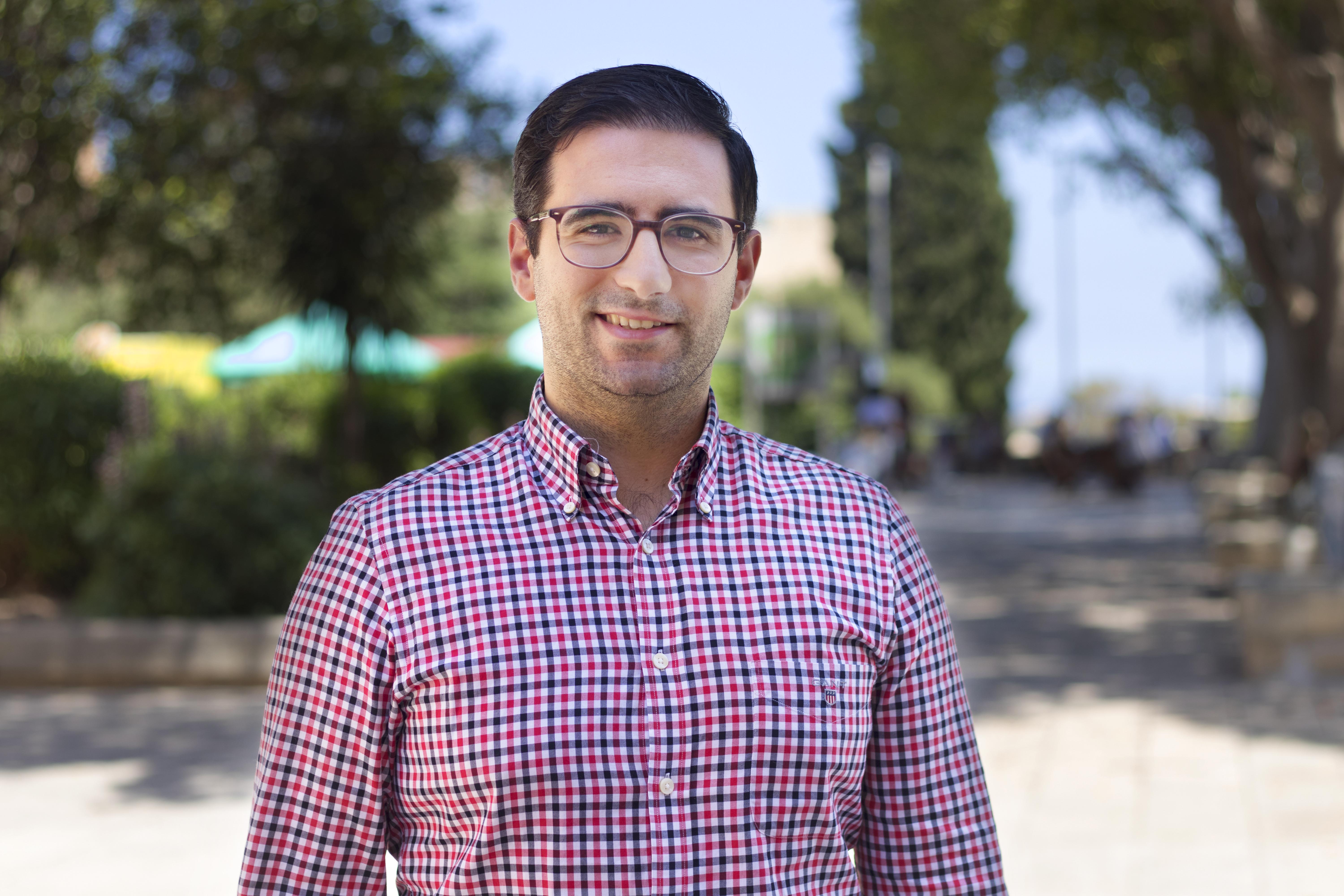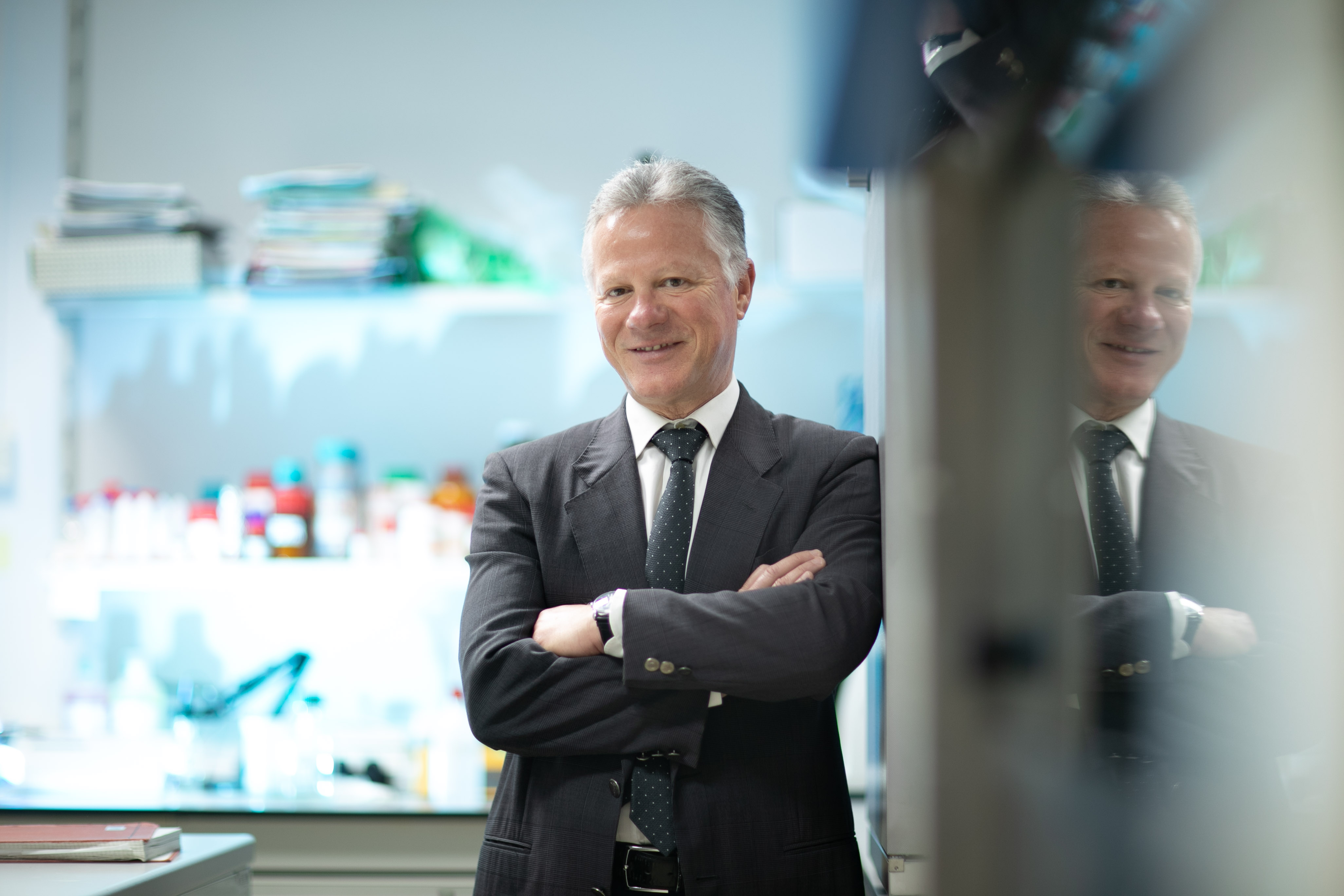About the Campaign
Every year thousands of children are diagnosed with life-threatening diseases. Thanks to the hard work that researchers around the world are performing, we can one day find solutions to these challenges. Until some years ago the list of these serious diseases was longer, much longer. A number of diseases have since been either totally eradicated or can be treated effectively. This is all thanks to the efforts being put into scientific research, which is a very expensive and time-consuming undertaking.
SUPERHEROES with One Euro is a local campaign which is intended to create the awareness and to raise the much needed funds for this research to be carried out by scientists at the University of Malta.
Your donation is an investment in children’s health. We ensure each Euro received is maximized to its fullest potential–to help our children reach theirs.

Cardiology Specialist, Dr Mark Abela: Life changing data emerges from BEAT IT project
Significant, life changing data has started to emerge from the BEAT IT project – Screening for Sudden Cardiac Death which started during the 2017-2018 scholastic year. A number of doctors offered cardiac screening in schools, with the aim of identifying individuals at risk of harbouring heart disease linked to sudden cardiac death. In total, 2708 students gave consent to be screened in schools, with a questionnaire and electrocardiogram (ECG). In total, 1 in 27 needed referral, with 90.2% of those referred having an abnormal ECG, with only 20% having symptoms, highlighting the importance of ECG screening in young individuals. At the end, 9 adolescents harboured disease linked to sudden cardiac death (1 in 301), 4 of which were professional athletes, with one of the latter disqualified from her competitive sport. Some of those referred were evaluated for the possibility of an inherited cardiac disorder.

Thanks to clinical evaluation in 35 family members, another 9 individuals have underlying heart disease or are at risk of developing a problem in the near future. A number of individuals have also been found to have a mutation linked to heart disease. This has given information about how a mutation behaves in a family, who is more at risk, and who needs to be followed up closer than others. A total of 40 students were eligible for repeat ECG with 7 (21.2%) referred for secondary evaluation. A number of family members were screened with 10% referred for more evaluation. The majority of students had normal ECGs a year later, which is in line with international guidelines. Genetic testing on the 7 students is currently being carried out to help who is more at risk, while further testing including genetics on a number of first and second degree family members to help identify individuals at risk of harbouring heart disease is being carried out. The BEAT IT project is being led by cardiology specialist Dr Mark Abela and is being financed through a generous donation by Cherubino Ltd through the RIDT, together with other donations made by the Malta Heart Foundation. The study is being facilitated through the collaboration offered by the Ministry of Education and Mater Dei Hospital.
Role of the interplay between abnormal gut microbiota and brain function in the genesis of autism
(Professor Mauro Pessia, Faculty of Medicine and Surgery, Department of Physiology and Biochemistry, University of Malta)
Autism spectrum disorder (ASD) is a severe disease that first appears in infancy, characterized by problems with language, social bonding and imagination. Nearly 70 million people suffer from ASD worldwide more than cancer, diabetes and AIDS taken together. To ensure the best possible outcomes for children affected by this devastating disease, comprehensive socio–economic policies and coordinated scientific efforts are required as a matter of urgency.
Statistics revealed a >600% increase in the rate of autism in U.S.A. Genetic influences alone cannot account for such a rapid rise in a disorder’s prevalence. These bewildering increases have led many researchers to refer to an “autism epidemic”. Consequently, investigators have turned to environmental factors for potential explanations.

The causal agents proposed include the use of antibiotics during pregnancies, viruses, allergies, pesticides, toxic compounds and gut dysbiosis. Indeed, gastrointestinal (GI) disturbances have been reported in nearly 90% of patients. Here, we postulate that distinct factor(s), including gut dysbiosis, may enhance mild autistic traits in genetically predisposed patients or act as the main “trigger” for the appearance of an overt ASD phenotype. We believe that this project, based on a rigorously controlled multidisciplinary experimental approach could be considered highly relevant toward translational applications in autism.
Indeed, a deeper understanding of the gut-brain communication mechanisms will be crucial for the development of any microbiota-based therapeutic strategy for autism and for the discovery of alternative therapies to treat children who do not respond to currently available drugs.
Treatments restoring the balance of gut microbiota, such as antibiotics, probiotics and microbiota transplantation, could be proposed. This project could allow the identification of distinct bacterial species that are increased in mutant mice with potential pathogenic activity.
By accomplishing this project, we expect to impact the field of autism significantly formulating the central statement that gut microbiota unbalance promote the development of autism. A network of renowned Maltese scientists (Prof. Mauro Pessia, Prof. Mario Valentino, Prof. Richard Muscat and Dr. Maria Cristina D’Adamo), integrating up-to-date research tools to achieve the planned aims, represents an excellent strategy and an important step towards enhancing our knowledge concerning autism that is essential to prevent and treat this disease. Moreover, our collaborative project intends to establish stimulating scientific interactions with international outstanding research groups that is fundamental to produce new insights in the field of autism.
